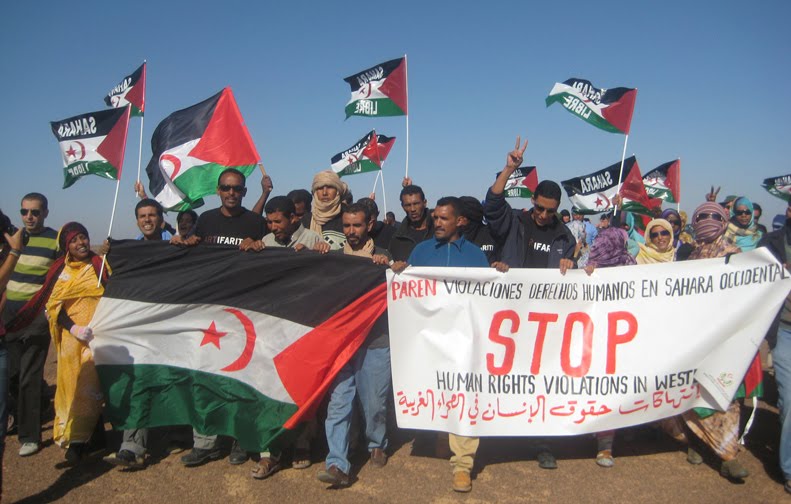HRW: "Western Sahara products should not be labeled as Moroccan"

WSRW | 19 January 2016
HRW: "Western Sahara products should not be labeled as Moroccan"
When presenting its new report on Israeli settlement products today, Human Rights Watch cited the case of Western Sahara. The NGO states that "countries should not import goods produced in Western Sahara labeled as Made in Morocco or under preferential tariff agreements with Morocco".
In the new report "Occupation Inc.: How Settlement Businesses Contribute to Israel’s Violations of Palestinian Rights", published this morning, Human Rights Watch calls for correct labeling of goods produced in Israeli settlements on Palestinian land. The New York-based advocacy group urges companies to pull out of the settlements, and to fulfill their obligations to respect the human rights of populations living where they operate—and for companies, rather than consumers that buy their products, to confirm their goods have not come from the 1,000 companies doing business on occupied Palestinian land. "In practice, this means that countries should not treat goods produced in settlements as though they were made in Israel", the organisation specifies in the Q&A on the new report.
"The principles used in this research apply to any other situation of occupation", says Human Rights Watch. They refer explicitly to the case of Western Sahara. "Countries also need to assess their trade relationship with these territories in line with their duty not to recognize the occupying power as sovereign over the territory it occupies. For example, countries should not import goods produced in Western Sahara labeled as Made in Morocco or under preferential tariff agreements with Morocco."
"In December 2015, the General Court of the European Union held that the EU-Morocco Agreement on agriculture, processed agriculture, and fisheries products does not apply to Western Sahara. The EU considers Western Sahara a non-self-governing territory administered by Morocco, rather than under military occupation, but the court nevertheless found that the agreement may “indirectly encourage” violations of the fundamental rights of the Sahrawi people or that the EU may “benefit from them,” contravening the EU’s responsibilities under the UN charter", says Human Rights Watch.





